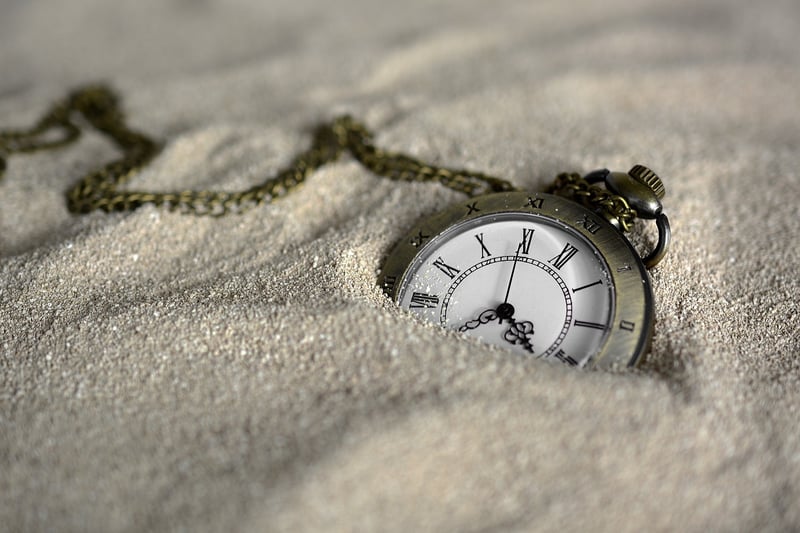Grandfather Paradox
Unlocking the Mysteries of Time: Understanding Time Conundrums and the Grandfather Paradox

The Concept of Time Conundrums
Time, a dimension that governs our existence, often presents us with perplexing conundrums that challenge our understanding of the universe. These time-related puzzles, known as time conundrums, have fascinated scientists, philosophers, and fiction writers for centuries.
Exploring the Grandfather Paradox
One of the most famous time conundrums is the Grandfather Paradox. This thought experiment poses a scenario where a time traveler goes back in time and prevents their grandfather from meeting their grandmother, thus preventing their own birth. This paradox raises questions about causality, free will, and the nature of time itself.
Key Elements of the Grandfather Paradox:
- Causality: The paradox questions whether changing the past can alter the future or create a new timeline.
- Free Will: It challenges the concept of free will by suggesting that actions in the past could dictate one's existence.
- Temporal Loops: The paradox highlights the potential for infinite loops of cause and effect if time travel is possible.
Time Travel Theories and Solutions
Various theories have been proposed to reconcile or explain the Grandfather Paradox, including the idea of parallel universes, multiple timelines, and self-consistency principles. While time travel remains a theoretical concept, scientists continue to explore its possibilities and implications.
Conclusion
Time conundrums, such as the Grandfather Paradox, invite us to ponder the mysteries of time and our place within its fabric. As we delve into the realms of theoretical physics and philosophy, we may inch closer to unlocking the secrets of time travel and the nature of our reality.
Remember, while these concepts spark our imagination, they remain speculative and subject to ongoing exploration and debate in the scientific community.
